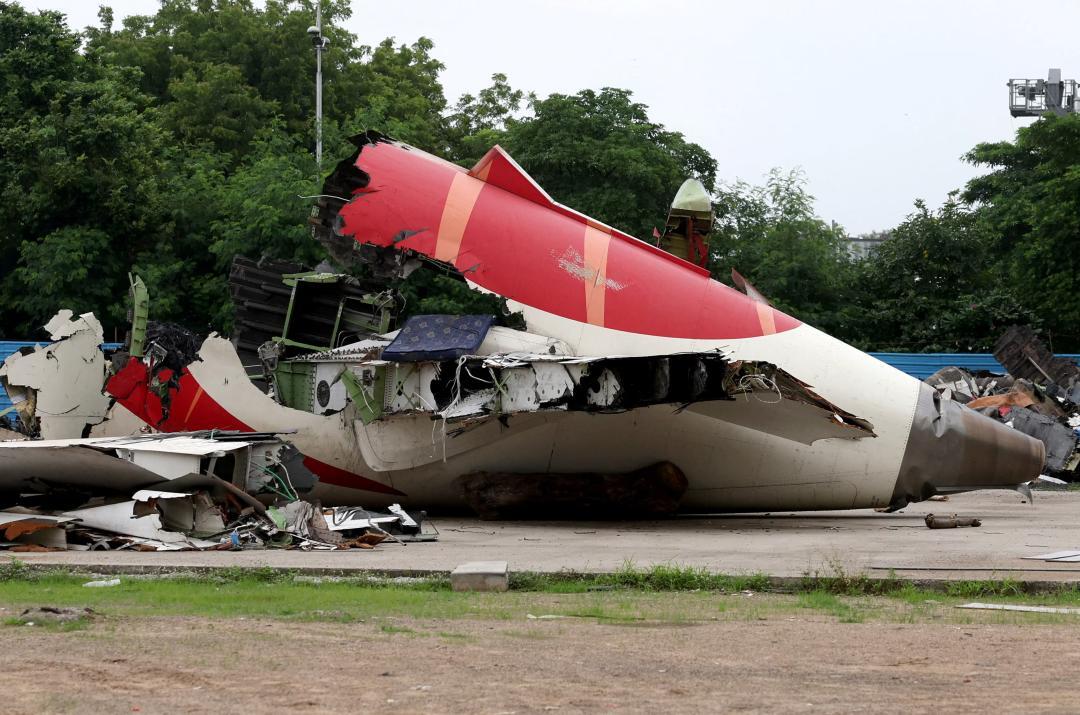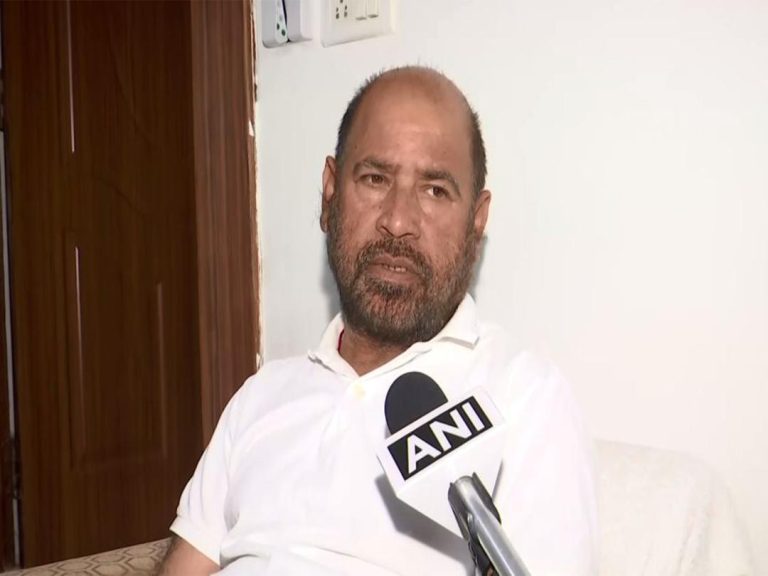
US Transport Safety Body Calls Reports Blaming Pilots for Air India Crash “Premature”
The investigation into the Air India Express crash that occurred on August 7, 2020, at Kozhikode airport in Kerala, India, has taken a fresh turn. The US National Transportation Safety Board (NTSB) has reacted to international media reports blaming Captain Sumit Sabharwal and First Officer Clive Kunder for the crash. The NTSB has termed these reports as “premature and speculative”, emphasizing that investigations of this magnitude take time.
The NTSB’s statement comes in response to a report released by the UK’s Air Accidents Investigation Branch (AAIB), which was part of the international team investigating the crash. The AAIB’s report had flagged the fuel control switches on the plane as a potential factor in the crash, but stopped short of directly blaming the pilots. However, some international media outlets misinterpreted the report and attributed the crash to the pilots’ actions.
The NTSB has issued a statement saying, “Investigations of this magnitude take time. We understand the public’s interest in knowing what happened, but we cannot allow speculation or misinformation to undermine the integrity of the investigation.” The agency has also expressed its commitment to supporting the ongoing investigation by the AAIB and other international partners.
The Air India Express flight, which was carrying 190 passengers and crew members, crashed while attempting to land at Kozhikode airport during heavy rainfall. The incident resulted in the loss of 22 lives, with many more injured. The investigation into the crash has been ongoing since then, with multiple agencies, including the AAIB, the NTSB, and the Indian government’s Directorate General of Civil Aviation (DGCA), working together to determine the cause of the accident.
The AAIB’s report highlighted several factors that may have contributed to the crash, including the pilots’ decisions, the aircraft’s configuration, and the weather conditions. The report noted that the pilots were facing challenges due to the low visibility and heavy rain, which may have affected their ability to land the plane safely. The report also highlighted the importance of proper aircraft configuration and the role of the fuel control switches in the crash.
The NTSB’s statement is significant because it underscores the importance of a thorough and independent investigation into the crash. The agency is known for its rigorous and methodical approach to investigating major accidents, and its involvement in the investigation is seen as a safeguard against premature conclusions or finger-pointing.
The crash has also raised concerns about the safety of air travel in India, with many calling for greater scrutiny of the country’s aviation industry. The incident has led to a renewed focus on safety measures, including enhanced pilot training and more stringent maintenance procedures.
In conclusion, the NTSB’s statement is a timely reminder of the importance of a thorough and independent investigation into the Air India Express crash. The agency’s commitment to supporting the ongoing investigation and its rejection of premature and speculative reports are crucial in ensuring that the truth about the crash is revealed and that lessons are learned to prevent similar incidents in the future.






